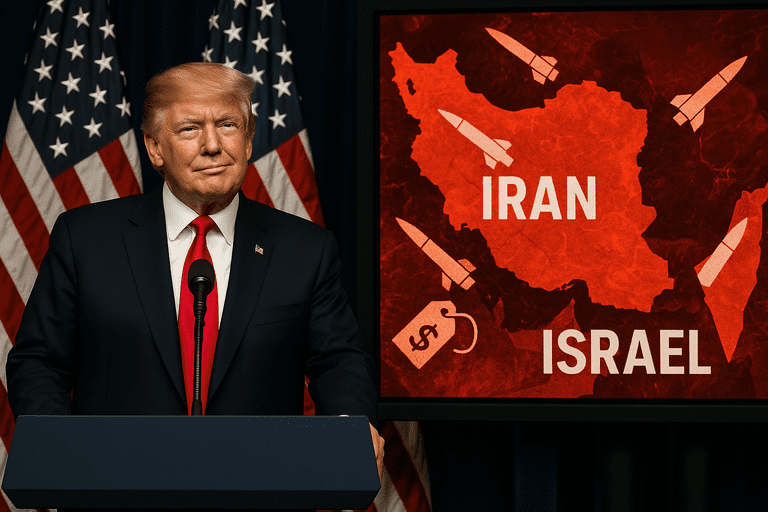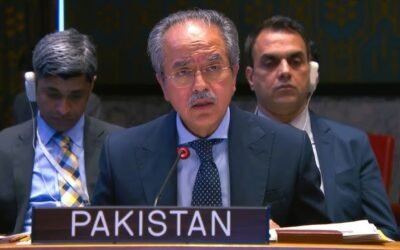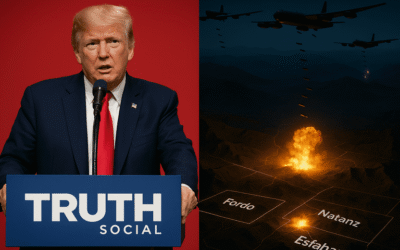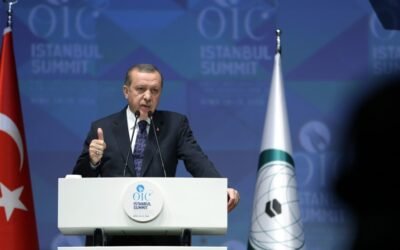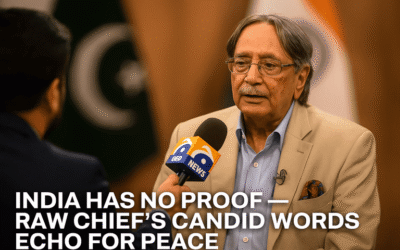Iran Israel war escalates
Iran Israel war escalates with U.S. policy entering a volatile new phase. Former President Donald Trump recently delivered a fiery media address blending economic pressure, harsh immigration rhetoric, and bold warnings aimed at Iran. As Israel intensifies its strikes, Trump positioned the U.S. at the center of the global storm.
Economic warfare through tariffs
Trump emphasized that his administration collected $88 billion through tariffs and hinted at more levies on the horizon—targeting lumber, copper, and pharmaceuticals. He claimed these moves would push American companies to return home and rebuild domestic manufacturing. Trump’s economic message was aggressive: if countries want to trade with the U.S., they will pay heavily for the privilege.
He even floated the idea of renegotiating defense systems like the Iron Dome with Canada, demanding financial contributions and threatening tariffs. His tone suggested that even longstanding allies must “pay their share,” framing it as both financial fairness and geopolitical leverage.
Pressure campaign on Iran
Alongside his tariff agenda, Trump intensified his stance on Iran. He reaffirmed that Iran should have accepted a new nuclear deal earlier and now faced consequences. With Iranian cities reportedly suffering major damage from Israeli operations, Trump declared he had told Iran to “do the deal” before things escalated further.
Trump’s posture signaled that he supports Israel’s strikes and is open to further action if Iran does not comply. He left the door to diplomacy barely ajar, but emphasized that it may already be too late. His language suggested the U.S. is prepared for further conflict—even if he prefers to avoid war.
Immigration, security, and inner-city crackdowns
Trump also linked foreign threats to domestic security. He criticized immigration policies, claiming that criminals, gang members, and mentally unstable individuals were allowed into the country. He promised renewed crackdowns not just on farms and hotels, but particularly in inner cities—describing them as hubs of violence and failure under Democratic leadership.
He declared that no one would be granted exemptions anymore, emphasizing a broad sweep of enforcement. This framing tied internal threats directly to his foreign policy—an “us versus them” message both inside and outside U.S. borders.
Military readiness and political hurdles
When asked about cabinet positions and military leadership, Trump acknowledged delays caused by Senate Democrats but praised the performance of his Defense Department leadership. He likened the obstruction to blocking historical figures like Washington or Lincoln—highlighting political gamesmanship as a national security risk.
On the potential for U.S. military involvement against Iran, Trump remained cryptic. While insisting he wasn’t “in the mood to negotiate,” he stopped short of declaring any specific military plans. However, his rhetoric indicated that preparations are being made behind the scenes, with timelines for decision-making possibly already in motion.
U.S. citizens and evacuations
Trump also urged U.S. citizens in high-risk zones to evacuate, stating it was “safer” given the unpredictable security situation. His advice echoed his broader message: danger is real, and inaction has consequences. As tensions escalate, the well-being of American nationals overseas remains a concern—especially with airports shut down and regional violence on the rise.
A unifying strategy of pressure
Trump’s media talk revealed a consistent strategy: pressure. Whether through economic tools like tariffs, aggressive enforcement of immigration law, or overt military threats, the goal is to corner adversaries and compel compliance without necessarily firing a shot.
The Iran Israel war escalates not only through bombs and rhetoric, but through a coordinated campaign of power projection—economic, political, and military. Trump’s position is clear: if diplomacy fails, force and financial leverage will fill the void.

